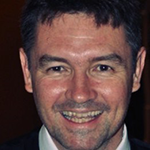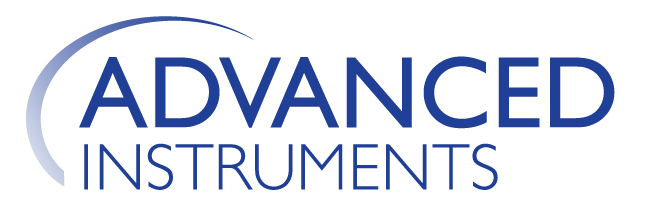In cell line development today, the pressure to make decisions on best-performing clones earlier and shorten timelines continues to grow. One factor in the decision-making process is a cell line’s productivity, necessitating the measurement of titer.
Currently, titer measurements in cell line development are mostly performed using incumbent methods such as Octet and ELISA, which have their strengths but were not specifically developed for cell line development applications. The minimum sample volume requirements of the incumbent methods mean that titer measurements have been neglected at the earlier cloning plate stage when 96 and 384 well plates are being used. Alternatively, samples have been diluted, leading to additional liquid handling steps and possible errors.
During this webinar, attendees will see featured case studies from users of the Solentim ICON, an instrument that was specifically designed to meet the demands of the cell line development workflow. ICON technology uses lower sample volumes for titer and viable cell density (VCD) measurements in higher density formats such as 384, 96 and 24 well plates. The case studies also show how faster titer measurements helped to allow clones to be excluded more rapidly, enabling decision-making earlier and shortening the cell line development process by days to weeks.
Read more...
Read Less...
Join this webinar to see how to accelerate cell line development process timelines by leveraging early data points in the decision-making.
Speakers

Kayla Bean, Principal Scientist, Cell Line Development, AGC Biologics
Kayla Bean graduated from the University of Tennessee Knoxville with degrees in microbiology and anthropology. She went on to complete fellowships in the Poxvirus and Rabies group at the Centers for Disease Control and Prevention in Atlanta, GA. Kayla then continued into graduate school at Georgia State University where she earned her MS and PhD in applied and environmental microbiology. After graduate school, Kayla was accepted into an industrial post-doctoral program at Elanco Animal Health with a focus on cell line engineering. Kayla is currently the Principal Scientist, Cell Line Development at AGC Biologics Global Headquarters in Bothell, WA, focusing on new technology and platform optimization.

Jenica Lee, Senior Research Associate, Wheeler Bio
Jenica Lee has over 4 years of experience in process development in the biologics arena. She currently serves as a Senior Research Associate at Wheeler Bio where her responsibilities are focused on the growth of Wheeler’s cell line development program. Prior to joining Wheeler Bio, she was a part of the upstream mammalian and cell line development teams at Cytovance Biologics in Oklahoma City. At Cytovance, Jenica Lee played a key role in the success of numerous transfection and antibody development campaigns involving mammalian cells. These projects include bioreactor processes in fed-batch and perfusion modes. Jenica studied at Oklahoma State University in Stillwater, OK, where she earned a Bachelor of Science in Chemical Engineering.

Paul Butler, Senior Product Leader, Advanced Instruments, LLC.
Paul Butler has worked across various functions in the life science industry including sales, field applications support and product commercialization with experience across a range of technologies including automation, imaging (cellular, multi-spectral and in vivo), label/label-free detection technologies and next-generation sequencing. Additionally, Paul has worked across many global territories including Europe, North America and Asia Pacific. Currently, he is working on the launch of several new Solentim products that will enable more consistency across the cell line development process and ultimately earlier patient access to novel therapeutics.
Who Should Attend?
- Anyone working in cell line development for biotherapeutic drug products
- Anyone using an Octet or Vi-Cell in their Cell Line Development Workflow
- Anyone who needs to shorten their Cell Line Development processes
- Anyone who needs earlier and better information on which clones will perform best at shaking and bioreactor stage
What You Will Learn
Attendees will:
- Discover how measuring titer using instruments specifically designed for cell line development applications and workflow differ from common methods
- See data from customer use cases that demonstrate how clone selection based on titer alone missed the highest performers
- Learn how combined titer and confluence measurements from the cloning plate helped predict which clones perform best in shake flasks
- Evaluate opportunities to accelerate cell line development process timelines by leveraging early data points in the decision-making
Xtalks Partner
Advanced Instruments
Advanced Instruments is a global company offering novel portfolios of analytical tools across bioprocessing including Solentim ®, a portfolio of best-in-class technologies which enable clonal isolation, outgrowth, and characterization in workflows and assurance of clonality for regulatory bodies. It’s OsmoTECH ® portfolio includes a robust line of micro-osmometers designed to support bioprocessing and quality control (QC), and the newest addition, Artel ® brings industry-leading solutions to validate, automate, and calibrate liquid handling processes and instrumentation.
You Must Login To Register for this Free Webinar
Already have an account? LOGIN HERE. If you don’t have an account you need to create a free account.
Create Account




